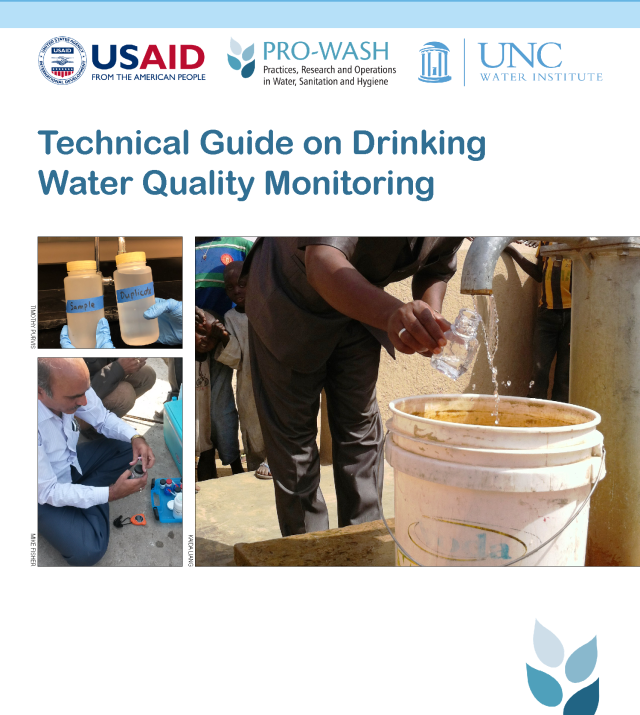WASH 1,000 Approach Photo-Aid - SPRING/Ghana

Stunting in children continues to be a public health challenge in Ghana, especially in Northern Ghana. In addition to inadequate dietary intake, poor water, sanitation, and hygiene (WASH) practices are a significant determinant of poor nutritional status. The consequences of poor WASH include diarrhea, environmental enteric dysfunction (EED), and worm infestation. These conditions affect a child’s ability to absorb nutrients from the food they eat, which leads to poor nutritional outcomes. WASH 1,000 approach, a set of water, sanitation, and hygiene behaviours designed for the 1,000-day child— pregnancy to two years including the pregnant and breastfeeding mother and household— was developed to reduce exposure to contaminates.
Health education and promotion activities can stimulate behaviour change. If health promotion activities are participatory, they can generate interest among community members, leading to better understanding, retention, and increased uptake of recommended behaviours.
The WASH 1,000 Photo-Aid depicts a series of behaviours centered on WASH. These behaviours are targeted at 1,000-day households, but the general population can also use them. The photo-aid portrays “APPROPRIATE” behaviours and are expected to be used in stimulating discussions between Environmental Health Officers (EHOs) and community members.

